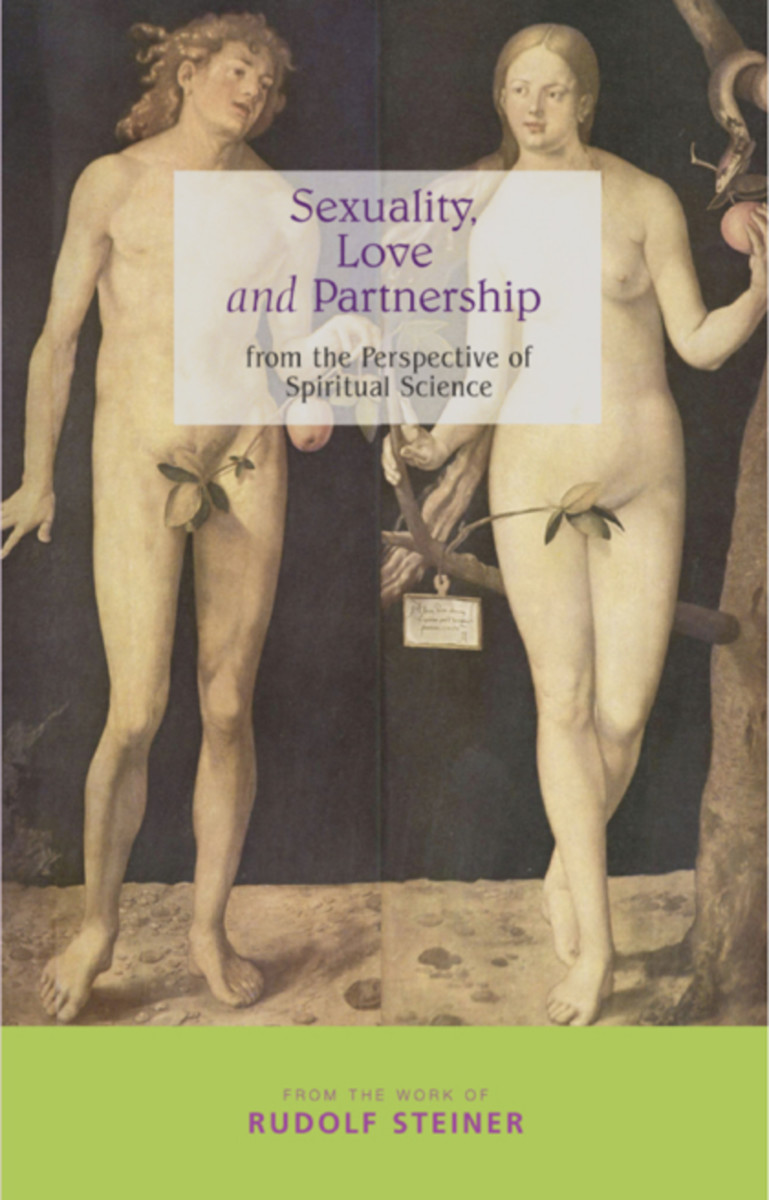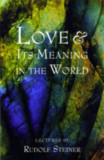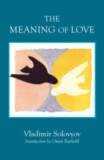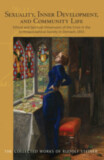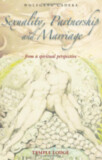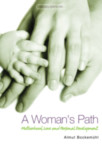Sexuality, Love, and Partnership
From the Perspective of Spiritual Science
- Publisher
Rudolf Steiner Press - Published
20th December 2012 - ISBN 9781855842601
- Language English
- Pages 256 pp.
“Rudolf Steiner presents the human soul dilemma, split into male and female attributes...but offers a path of development that will eventually lead to overcoming these—what Jung called ‘individuation,’ a merging with the true self or true ego of the human being.” (from the introduction)
We live in a sexualized society, surrounded by sexual imagery and content in almost every area of life. This condition presents us with many challenges. These include decreased clarity and increasing confusion about the distinction between love and sex; strife between men and women over their roles in society; and a persistent assault on childhood innocence.
Despite the sensibilities of his time, Steiner made a huge contribution to our understanding of the complex theme of sexuality. In this freshly compiled anthology, Steiner describes the point in evolution at which human beings split from being androgynous, single-sexed beings to becoming beings of male and female genders. He traces the changing roles of the sexes in society, from the matriarchal past to today’s patriarchal dominance. The division of the sexes brings suffering, but also the possibility of achieving higher stages of love. In the distant future, humanity can evolve sexuality into a new form, with the possibility that even the process of reproduction will be transformed.
Steiner is refreshingly nonjudgmental and does not preach asceticism. He recognizes the all-too-human frailty with which people confront their personal lives, even in the case of such a great individual as Goethe. Sex is a necessary stage of human evolution, and the split nature of the human being is a fact of our time. Its healing will be gradual, but like Amfortas in the Grail story—whose wounded groin was a metaphor for amorous misadventure—we can all be healed through love and compassion.
Rudolf Steiner
Rudolf Steiner (b. Rudolf Joseph Lorenz Steiner, 1861–1925) was born in the small village of Kraljevec, Austro-Hungarian Empire (now in Croatia), where he grew up. As a young man, he lived in Weimar and Berlin, where he became a well-published scientific, literary, and philosophical scholar, known especially for his work with Goethe’s scientific writings. Steiner termed his spiritual philosophy anthroposophy, meaning “wisdom of the human being.” As an exceptionally developed seer, he based his work on direct knowledge and perception of spiritual dimensions. He initiated a modern, universal “spiritual science” that is accessible to anyone willing to exercise clear and unbiased thinking. From his spiritual investigations, Steiner provided suggestions for the renewal of numerous activities, including education (general and for special needs), agriculture, medicine, economics, architecture, science, philosophy, Christianity, and the arts. There are currently thousands of schools, clinics, farms, and initiatives in other fields that involve practical work based on the principles Steiner developed. His many published works feature his research into the spiritual nature of human beings, the evolution of the world and humanity, and methods for personal development. He wrote some thirty books and delivered more than six thousand lectures throughout much of Europe. In 1924, Steiner founded the General Anthroposophical Society, which today has branches around the world.


